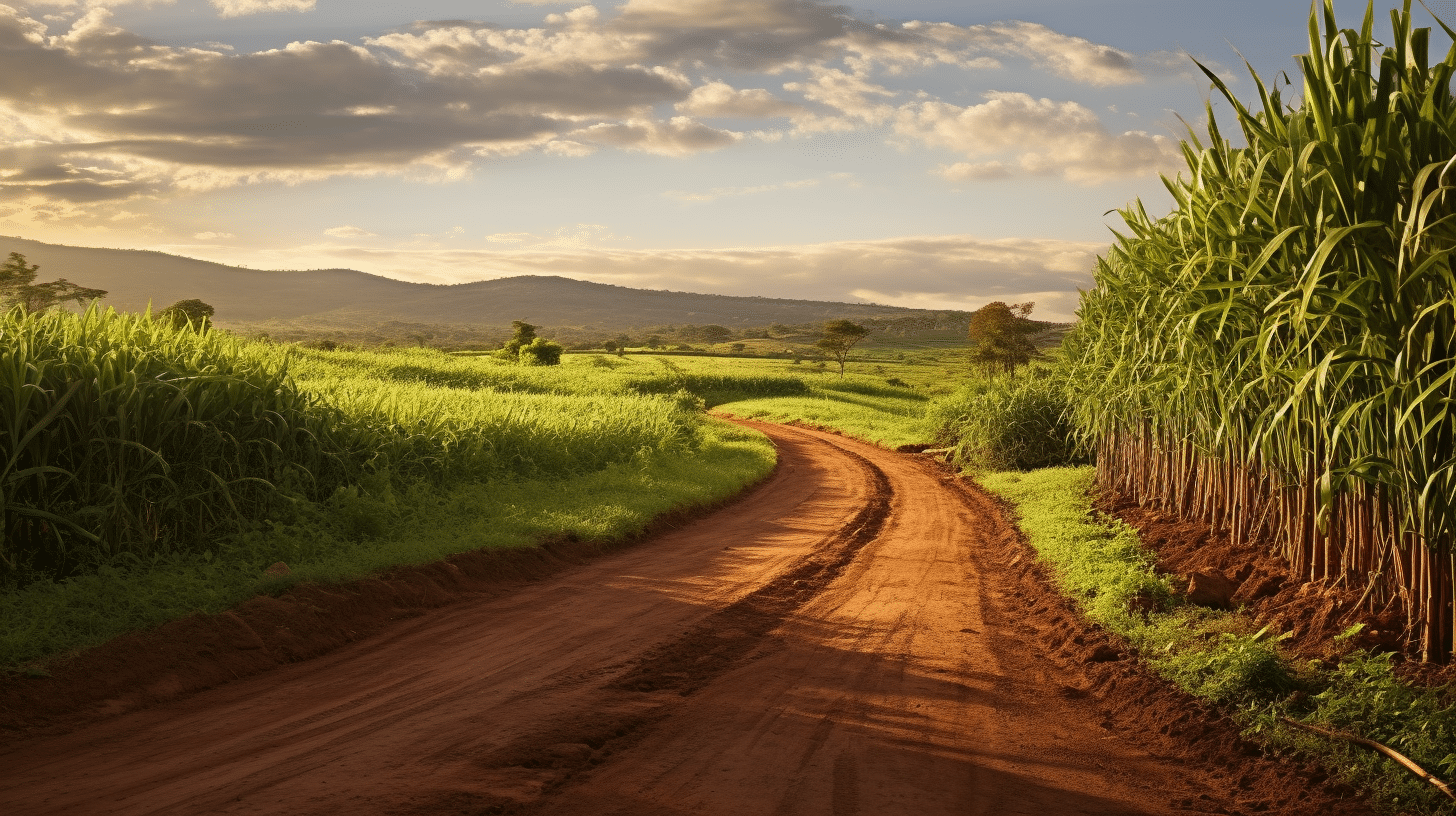People from the Western Kenya are popularly recognized for their commitment to farming. They are excellent poultry (especially chicken, locally referred to as ingokho), maize and cane farmers. Whereas ingokho and maize combine to provide a rich, healthy diet, cane farming only serves to impoverish these hardworking men and women.
To begin with, a farmer who toils for over 12 months in his 1 acre piece of land only stands a chance of producing about 35 tons of raw cane. A ton of cane attracts a price of between kshs. 2000 and Kshs. 5000. Even if we take the highest possible price per ton offered by Sugar Companies, this translates to a mere kshs. 175,00. This is gross income for the farmer, for a period of over 12 months. When input, labor and other costs are deducted from this little amount, anyone can accurately guess the net income for the helpless farmer. Let’s be generous enough to guess that he remains with Kshs. 100, 000 from his painful months of waiting.
Taking kshs. 100,000 as a farmer’s income for 12 months, monthly income comes to as low as Kshs. 8,333.33. Let’s assume there exists a vegetable vendor X, who sells vegetables in a kibanda and makes a daily profit of kshs. 400. Roughly, vendor X makes a minimum of Kshs. 12, 000 every month, translating to an annual income of at least Kshs. 144,000, compared to the farmer’s exaggerated annual income of Kshs. 100,000.
The question is: why pay more for less? Cane farmers are extremely hard-working. They deserve appreciation, not extortion, oppression and exploitation. Unfortunately, these are habits which may never be rooted out of Kenyan Sugar Companies anytime soon. However, farmers rightfully deserve better lives because of their hard work and commitment to this activity that is pivotal to the nation’s economic stability.
Ultimately, Western Kenya farmers need to make a drastic decision; a decision to thwart cane farming and embrace other less strainuous economic activities that pay a little more. For instance, vegetable farming and serious poultry farming are each worth 10 (even more) times the value of cane farming, assuming the cost of production is constant.
high poverty levels in the region, poor transport infrastructure and insufficient social amenities are credible grounds for people from Western Kenya to initiate rigorous awareness campaigns that seek to drive individuals towards personal economic empowerment. This has to begin with the thwarting of the non-beneficial cane farming as an economic activity in the area.



0 comments